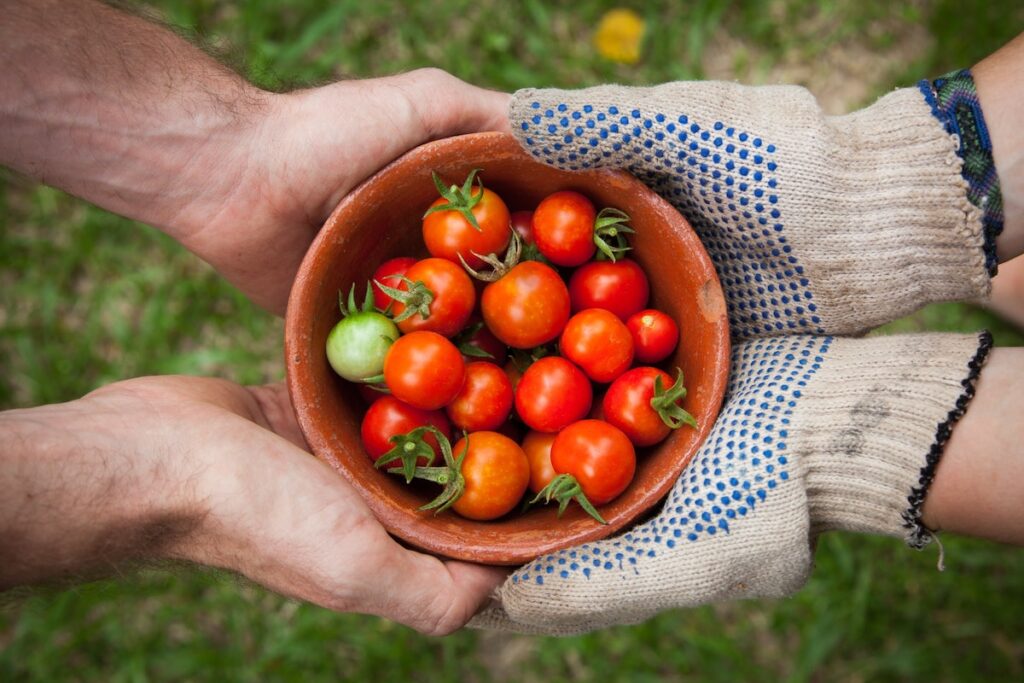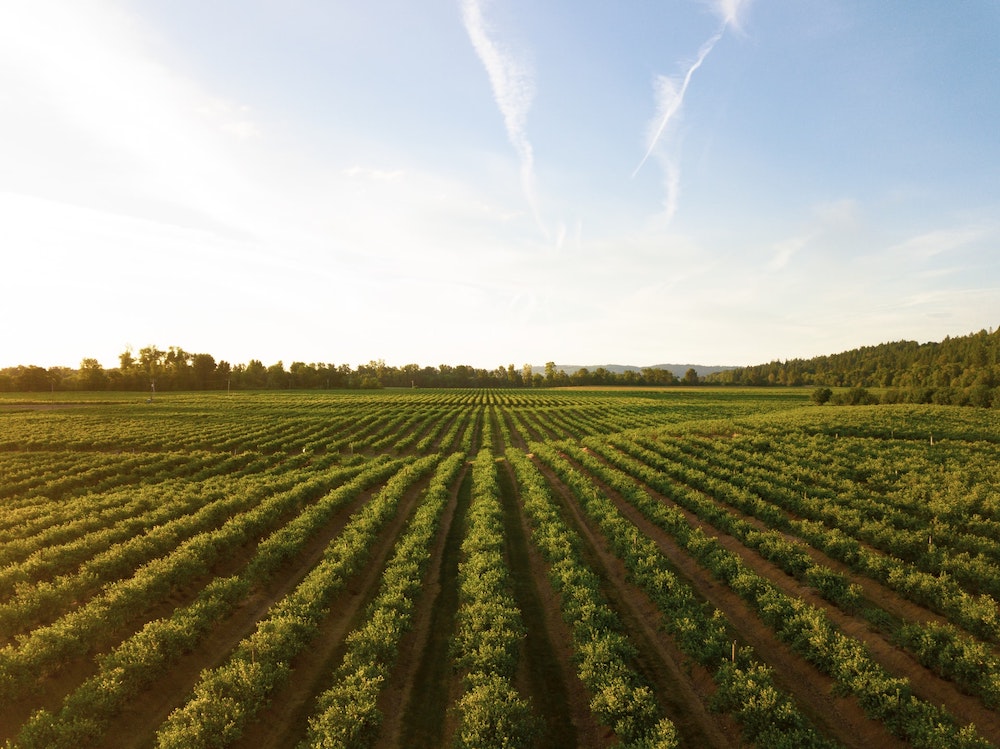Sustainable Development of a Territory
During the second day of celebrations of the Mediterranean Diet, we tried to determine which are the elements that can promote the sustainable development of a territory. With a specific focus on rural and marginalized areas, as in many parts of Italy and Europe. We started this reflection, as usual, from the food sector, because it links everyone of us to the land and the use we make of it.
The Voice of Women
We began discussing women in agriculture. Why? Because 70% of the workforce in agriculture in Italy is represented by women, but as often happens they are not represented enough. This is why we invited Linda Carobbi, Co-Founder National Association of Women in Fruit and Vegetables, Business Development Manager & Co-Founder TurismiAmo, to understand the importance that women can have in the development of a territory.

Born in 2017, the National Association of Women in Fruit and Vegetables counted 30 women that gathered to find methods to give voice to the women in agriculture, from those who work in the fields to those who work on import-export: every part of the chain was represented. Today the association counts more than 100 women and they actively work to bring this voice to a larger public, such as with the documentary film “Fertile” which they will be recording in the next months.
Solidarity and Conviviality
To understand what a sustainable territory means, we have to look back at the roots of this special land that is Pollica and Cilento, cradle of the Mediterranean Diet. It is exactly the work that Rossella Galletti, Ph.D in Cultural Anthropology, University Suor Orsola Benincasa, together with the MedEatResearch Lab has done over the previous years.
Through the research “Possa Campà Cent’anni” (“May You Live a Hundred Years”), Rossella Galletti and her team interviewed the seniors of Pollica, and the surrounding area, aged from 90 to 103 years old, with the aim of giving a voice to these elderly people who represent microcosms, adhering to the Mediterranean Diet or sometimes detaching themselves from it. But also with the aim of safeguarding the ways of being in the world. Every senior is a precious heritage that can transmit important knowledge to future generations.
Four thematic areas emerged at the end of the interviews: the garden, hunger, solidarity, the preferred foods and conviviality.
Everyone had a garden on which to cultivate the fruits and vegetables for the whole year, as well as olive trees for oil production. Solidarity and conviviality were fundamental ingredients in the daily lives of these people. The words used by an interviewee, always in a plural form, are a testimonial of this togetherness:
“We used to work the land, we used to sing, we used to take care of the animals…”
Always together, never alone. And finally hunger, that was real at that time, is an important aspect that emerged. The importance of this research is not that of collecting information, but of passing to future generations ideas and ways of life that are possible and which contribute to a sustainable future.
Sustainable Territory
As we have seen, a sustainable territory depends on the knowledge that we have from it, both in history and in everyday life. This is the approach that Antonio Pellegrino, representative of the Social Cooperative “Terra di Resilienza,” stressed the most, and which has become central in his activity. Starting from the land, his land Cilento, understanding all the layers that have built it throughout history. Antonio acknowledges the presence of an infinite number of imaginaries that are present in our daily lives.

“The imaginaries of our age are enhanced to an unbelievable degree. Imaginaries are the ones that allow us to orient ourselves in everyday life. Living here in Cilento meant receiving an imaginary that came from outside. Linked to developmentalism, to valorisation, to the word, to nomos, to planning, to a whole series of functions in the rural territories."
These must not take our gaze and focus away from what the land really is. We must go to the substance of things: “We talk a lot about permaculture today, but what is the dry stone wall that you can find in every corner of Cilento, if not permaculture?”
We have to keep our eyes open and let our gaze go back to the history of a place, in order to understand the present and build a sustainable future.

